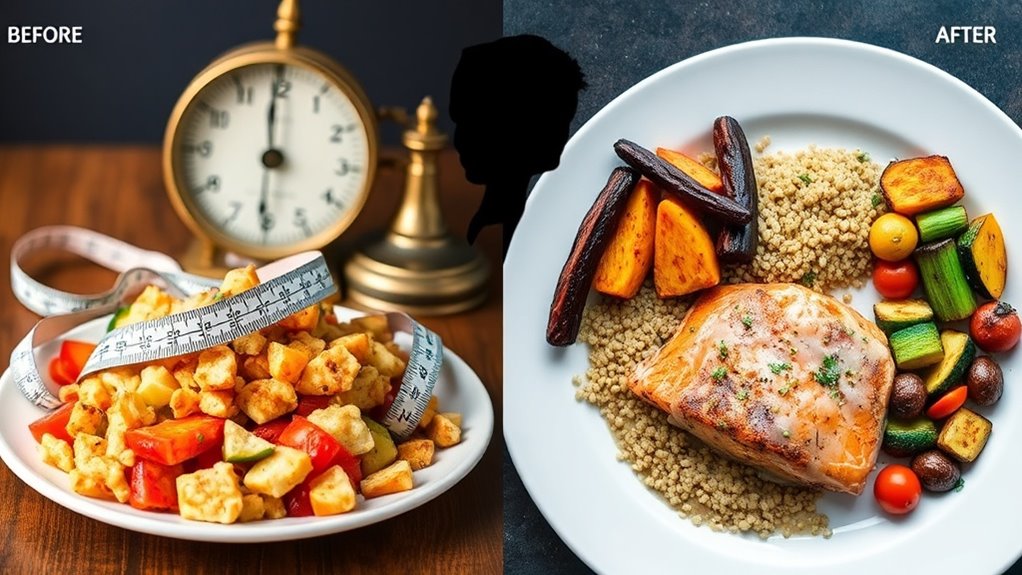Which Diet Really Works for Lasting Fat Loss.
You’ve probably noticed the endless stream of diet plans promising quick results, but you’re wondering which one actually delivers lasting fat loss. While research shows that various approaches can work, from Mediterranean to low-carb diets, the key lies in finding a sustainable method that fits your lifestyle. Understanding the science behind fat loss and how different diets affect your body will help you make an informed choice that leads to permanent results.
Understanding the Science Behind Sustainable Fat Loss
While many people focus solely on caloric restriction for fat loss, understanding the underlying physiological mechanisms can help you make more informed dietary choices.
Your body’s metabolic rate, hormonal balance, and insulin sensitivity all play essential roles in fat storage and loss.
The most effective diets work by optimizing these processes while maintaining muscle mass and preventing metabolic slowdown. Additionally, recognizing the importance of calorie balance can significantly enhance your fat loss strategy.
Popular Diet Methods and Their Long-Term Results
Although countless diet methods promise quick results, research shows that only a select few deliver sustainable fat loss over time. The most effective approaches combine nutritional science with behavioral modification for lasting change.
-
Mediterranean diet: 7.5-10% weight loss maintained after 12 months
-
Low-carb/ketogenic: 6-8% sustained weight reduction at 1-year follow-up
-
Intermittent fasting: 3-8% maintained fat loss over 6-12 months
-
Calorie-controlled balanced diet: 5-10% weight loss sustained when combined with lifestyle changes. Incorporating meal prepping can also streamline preparation and support adherence to these dietary approaches.
Key Factors That Make a Diet Actually Work
Despite the wide variety of diet plans available, research consistently shows that successful long-term fat loss depends on several universal factors that transcend specific eating patterns.
You’ll maintain weight loss by creating a sustainable caloric deficit, consuming adequate protein, eating mostly whole foods, and establishing consistent meal timing that fits your lifestyle.
Incorporating nutrient-packed breakfasts as part of your daily routine can set a positive tone for your food choices throughout the day.
You’ll also need regular physical activity and ongoing self-monitoring.
Building Healthy Habits for Permanent Weight Management
Since lasting weight management depends more on behavioral patterns than short-term dieting, you’ll need to develop sustainable healthy habits that become automatic over time.
-
Schedule regular meal times to regulate hunger hormones and prevent overeating.
-
Practice mindful eating by removing distractions and eating slowly.
-
Plan weekly grocery trips to guarantee healthy food availability.
-
Track your food intake using a journal or app until portion control becomes intuitive.
Additionally, incorporating variety in workouts can reinvigorate your motivation and support your journey toward lasting fat loss.





